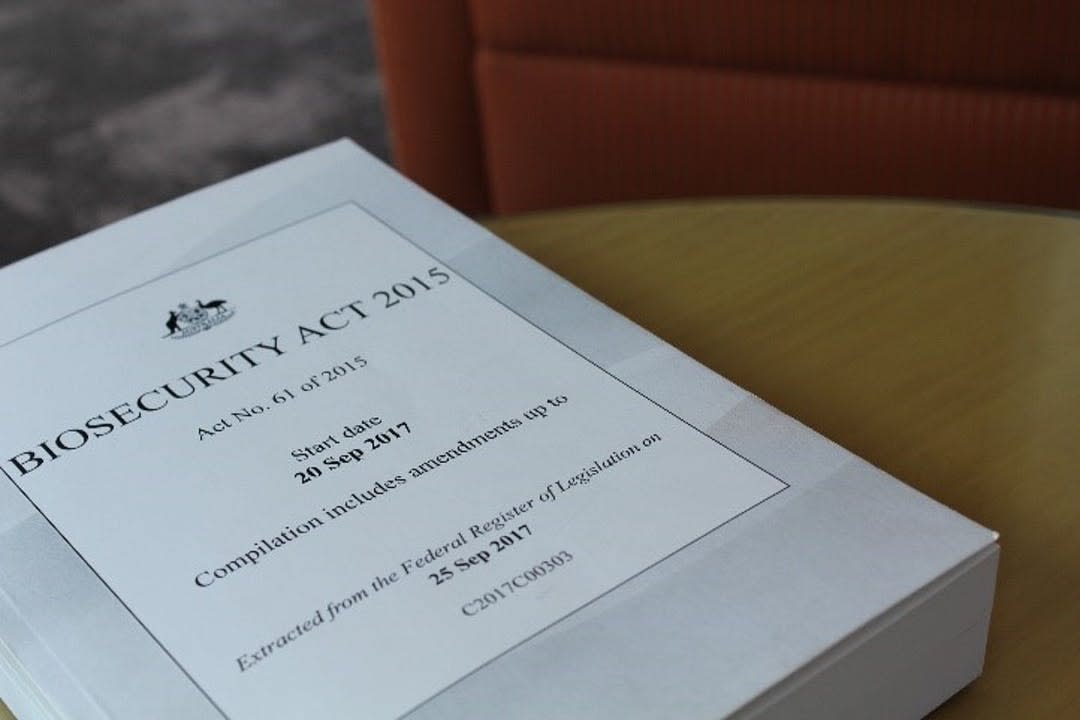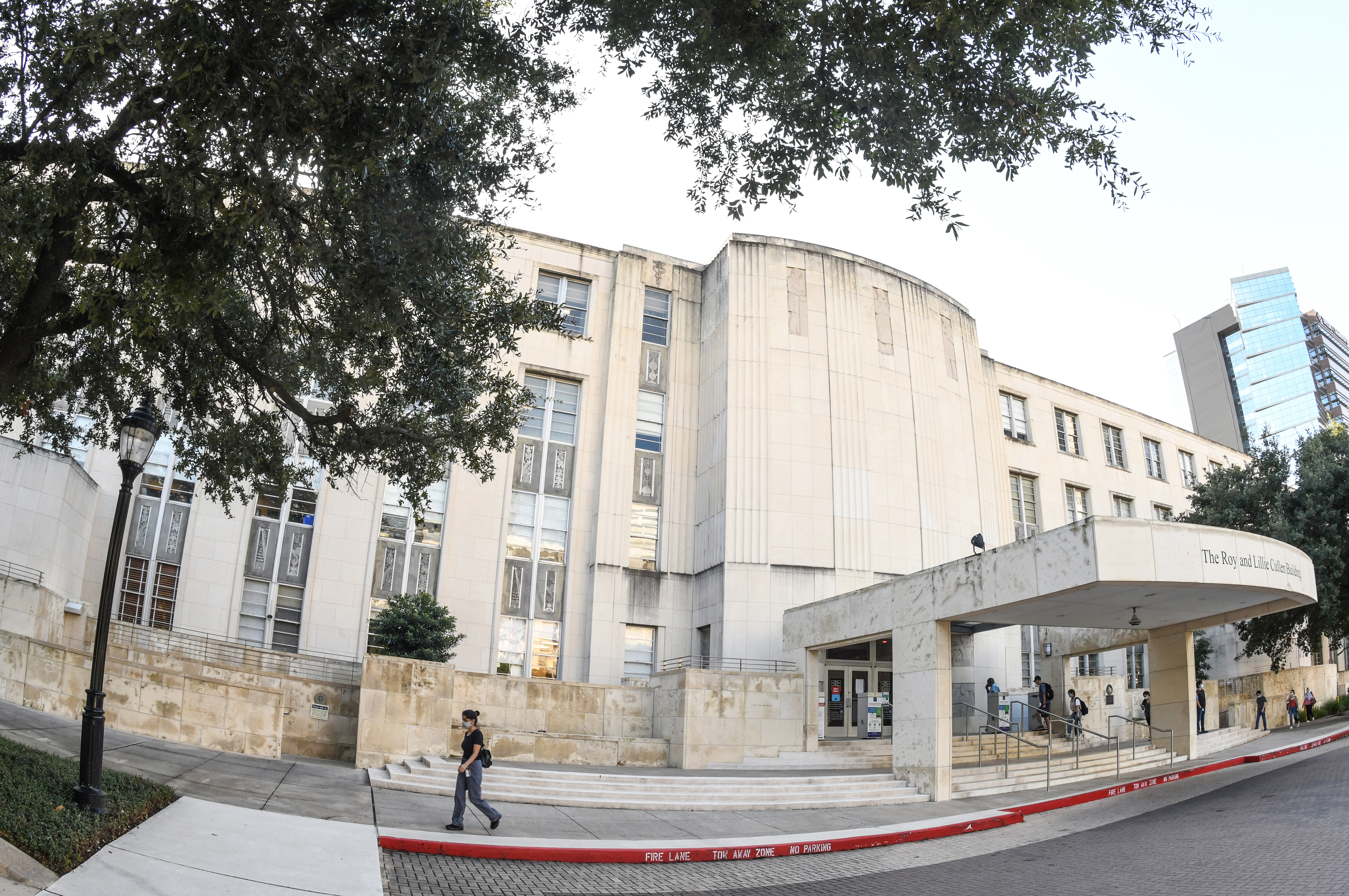Most of the COVID-19 restrictions Australians know well – such as density limits, mask requirements and lockdowns – are a matter of state law. But as the controversial Indian flights ban shows, the federal government also has enormous power to impose restrictions.
Luke Beck
Associate Professor, Law Resources
What types of coronavirus restrictions can the federal health minister impose? And will you really go to prison for five years if you travel to Australia from India?
The federal Biosecurity Act
Federal Parliament passed the Biosecurity Act in 2015.
A law isn’t unconstitutional simply because it allows governments to do things that many people think are harsh or heartless. The Australian Constitution gives federal parliament power to make laws with respect to a list of various subject matters.

The Biosecurity Act says it was passed relying on a number of federal parliament’s constitutional powers, including the external affairs power (allowing laws relating to persons, places and events outside of Australia), and the aliens power (allowing laws relating to people who are not Australian).
A law banning travel from India looks to me like a law with respect to external affairs.
The legislation is lengthy and complex. It includes civil and criminal penalties.
Preventing risks to human health
The legislation includes a part allowing the health minister to impose requirements for preventing risks to human health. These requirements can relate to people and to operators of aircraft and vessels entering or exiting Australia.
As part of the travel bubble with New Zealand, federal Minister for Health Greg Hunt has used this power to impose a requirement that everyone coming into Australia from New Zealand must provide Australian officials with their personal details.
Failing to comply with these requirements exposes a person to a civil penalty of up to 30 penalty units ($3300).
Special powers to deal with human biosecurity emergencies
The Biosecurity Act also gives special powers to the health minister to deal with emergencies involving threats or harm to human health on a nationally significant scale.
These special powers have been activated by a human biosecurity emergency declaration in respect of the COVID-19 pandemic.
The special powers include power to “determine any requirement” that the health minister is satisfied is necessary to prevent or control the entry or spread of diseases into Australia.
Any requirement! This is an enormous power, but its use must always be proportionate.
Protections are built into the legislation to ensure the health minister doesn’t go overboard in exercising the special powers. Requirements can be imposed only if the health minister is satisfied that:
- the “the requirement is likely to be effective”
- “the requirement is appropriate and adapted to achieve [its] purpose”
- “the requirement is no more restrictive or intrusive than is required in the circumstances”
- “the manner in which the requirement is to be applied is no more restrictive or intrusive than is required in the circumstances”
- “the period during which the requirement is to apply is only as long as is necessary”.
If the health minister is not, or could not reasonably be, satisfied with one or more of these things, then it’s unlawful for the health minister to impose a requirement.
Failing to comply with a valid requirement imposed by the health minister is a crime carrying a maximum penalty of five years’ prison or 300 penalty units ($66,600), or both.
The controversial Indian travel ban
Minister Hunt exercised the special power on 30 April to ban airline passengers from entering Australia if they’ve been in India within 14 days before their flight took off. The ban is in place until 15 May.
Interestingly, coming to Australia from India by boat isn’t banned under this determination.

The ban has proven controversial. There are claims it’s racist. It’s been criticised by the Australian Medical Association. And crossbench MPs have signed a letter calling for the ban to be lifted.
New Zealand also recently suspended travel from India, including for New Zealand citizens. That suspension has now ended.
Australia’s Chief Medical Officer, Professor Paul Kelly, recommended that Hunt impose the Indian airline traveller ban. The CMO told Hunt that since March 2021, more than half of overseas-acquired COVID-19 cases in Australian quarantine came from India, and that the risk of virus “leakage” out of quarantine poses a “significant risk” to the Australian community.
The CMO also wrote:
Due to the high proportion of positive cases arising from arrivals from India, I consider a pause until 15 May, 2021, on arrivals from India to be an effective and proportionate measure to maintain the integrity of Australia’s quarantine system. This measure will likely allow the system to recover capacity, which is a critical intervention in preventing and managing the spread of COVID-19 in Australia.
Given the CMO’s advice, it would be a difficult task to convince a court that Hunt has gone beyond what the Biosecurity Act allows him to do.
Will people really go to prison?
Prime Minister Scott Morrison has said publicly that it’s “highly unlikely” that anyone would go to prison if they managed to disobey the ban. This is true. Judges rarely impose the maximum penalty in criminal matters.
Since it’s almost impossible for anyone currently in India to fly to Australia, there’s almost no way to disobey the ban, even if someone wanted to.
It was unwise for the media release announcing the Indian flights ban to highlight the maximum penalties for breach.
The controversy over that issue has distracted attention from what Australia could be doing to help India, and what more Australia needs to do to improve its quarantine system and vaccine rollout.
Or maybe the distraction was deliberate.







